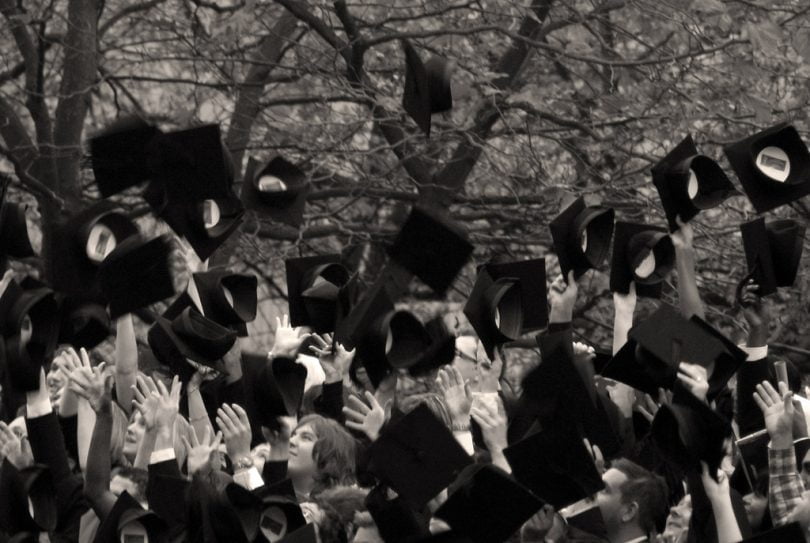In 2017, it is hard to imagine a Western world where half of the population is denied a chance of attending university. Yet, despite a long history of higher education – Oxford itself is over 700 years old – women were forbidden from gaining degrees until the 19th century.
Enter Catherine Brewer, the feminist icon you’ve never heard of.
In 1840, she became the first woman to earn a bachelor's degree after she graduated from Wesleyan College in the US state of Georgia. Her incredible achievements are not only emulated in the millions of young women enrolling to university each year, but also by the majors of the institution that accepted her. Each year, the graduating students of Wesleyan College are inducted into the Alumnae Association using the 'Benson Charge', taken from a speech Catherine delivered to seniors in 1888.
Although Brewer had made an startling breakthrough in America, things were very different across the pond.
Pioneers of liberation
In the UK, the fight for the right to higher education was weathered by a number of courageous females. Members of the Langham Place Group – named after the North London offices where they wrote the English Woman's Journal – were pioneers in the first-wave feminist movement. Among their aims was the liberation of women, and the opening up of the professions.
"Women are the real architects of society"
Harriet Beecher Stowe
It is thought that one day that three of the group, Emily Davies and Elizabeth and Millicent Garrett, discussed the struggle that women face and decided they must do something about it. Emily agreed to open universities to women, Elizabeth was assigned to open up the professions, beginning with medicine, and Millicent, who was just thirteen, was given the task of winning the vote. Their hard work and dedication paid off: in 1869, Emily co-founded Girton, the first college for women at Cambridge, Elizabeth went on to become one of the first women doctors, and Millicent led the constitutional campaign for women's suffrage.
The efforts of campaigners – 150 years ago and today – have had lasting effects on women's enfranchisement. More young women than ever are attending university, and in subjects traditionally flooded by men. The importance of education is never more obvious when listening to activists such as Leila Hussein, Malala Yousafzai and Julia Gillard.
As the first in my family to go to university (who run the world?), I am forever in admiriation of the efforts of Catherine Brewer and the Langham Place Group who fought for the right of equal education. To borrow from Marilyn Monroe: give a girl the right tools, and she will conquer the world.
"Educate a girl, empower a nation"
Queen Rania of Jordan









